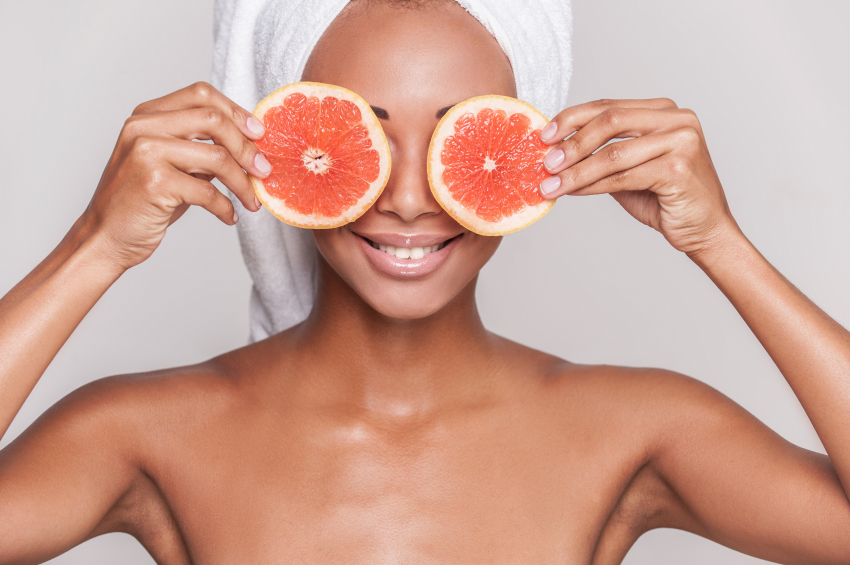The word “collagen” is derived from the Greek “kolla,” meaning glue. It is the most abundant protein in our body forming the musculoskeletal system and all connective tissue. Experts often refer to it as the fountain of youth. As we age, our body’s ability to make collagen begins to slow down. Consequently, our skin, hair, tendons, cartilage, bones, joints, organs, and intestines start losing their structure, causing signs of aging and poor health.
Collagen is made of primarily amino acids, many of which need to be obtained through diet. There are delicious foods that help replenish collagen, but supplementation may benefit you more efficiently and in more ways than just beauty.
Research shows our skin is made of approximately 70% collagen. In some studies, consumption of collagen peptides was seen to significantly reduce eye wrinkle volume by up to 20 percent and this effect was long-lasting.1 Other studies show how after 6 months of use, collagen led to a clear improvement of the skin appearance in women suffering from moderate cellulite2 and stretchmarks.
About 33% of collagen is made from the amino acids proline and glycine. Today, it can be difficult to obtain therapeutic amounts from diet alone. Hydrolyzed collagen protein (powder) is arguably the easiest way to increase collagen levels. Hydrolyzed simply means the proteins are broken down into easy-to-use molecules. Two highly reputable brands are Great Lakes and Vital Proteins (I have no affiliation with either). Taking 2 tablespoons at breakfast and at night have shown to be enough to experience benefits. There is virtually no taste or smell.
Bone broth, commonly used centuries ago and popular again today, is abundant in collagen, minerals, and other special anti-inflammatory properties. From your kitchen or health food store, it’s easy to sip on broth like tea, or use in soups and stir fry. Bone broth is high in protein and supports the immune system. It is particularly useful for gastrointestinal health and in reduction of inflammation.3
In our daily diet, fish, meat, bones, and organs are the best sources of collagen. Vegetarians can depend on beans, cheese, eggs and wheat germ. Here’s a great tip: Adding vitamin C from berries and greens will increase the utilization and production of collagen, in addition to the mineral copper, and sterols derived from aloe vera.4 You can get copper from sources such as sesame seeds and cashews.5
Aside from the beauty benefits, collagen’s amino acid profile can be life changing for everyone. It supports mood, gut health, joint6 and post-exercise pain.7 Its high content of proline, shown to be significantly present in wound healing,8and glycine, an important inhibitory neurotransmitter as well as a natural anti-inflammatory9 are of significant interest in research today.



